BY WALTER OPINDE
The ability to embrace self-education through the natural wisdom was a very critical aspect of life for the Blacks two centuries ago. Benjamin Banneker was one such a back American, from an initially enslaved family, with this capability. He, was diversely and largely self-educated, naturally acquiring the knowledge and skills in mathematics, astronomy, writing, and compilation of almanacs.
Benjamin Banneker is largely known for the role he played during the survey of the original borders of the District of Columbia, a federal capital district of the U.S. He was in a survey group that was headed by Major Ellicott Andrew. Other early accomplishments by Benjamin included the construction of irrigation system for his family farm, and the making (handcraft) of a wooden clock, which was many historians reputed to keep accurate track of time, running for over 50 years till his death. Moreover, Banneker firmly focused on his self-studies, teaching himself of astronomy, on which he had a keen interest. He accurately forecasted the solar and lunar eclipses.
Benjamin became a free African-American almanac author, naturalist, compiler, mathematician, astronomer, surveyor, and a farmer too. He was born on 9th November, 1731 in Maryland, Baltimore County to a free African-American mother- Mary Banneky, and fathered by a former slave- Robert Banneker. Despite his little formal education, Benjamin was highly self-educated, with the knowledge he naturally acquired from self-learning.
Due to the fact that his parents were already free from slavery, Benjamin did not experience the wrath of slavery. His first education ever received was from his maternal grandmother who taught him how to read and write. Besides, he, for a short time, attended the small Quaker School for the basic education. Later on, Mr. Banneker’s intelligence and talents drew the attention of the Ellicott family before he was hired to assist in the surveying of the territorial boundaries of the nation’s capital- Washington, DC. The Ellicott(s) had a large family library, which they used to loan Benjamin Banneker several astronomic books, and books from other disciplinary fields.
The survey duties of Mr. Banneker primarily consisted of the making of astronomic observations at Alexandria’s Jones Point, in Virginia. His core objective was to ascertain the locations of survey benchmarks (starting point). In 1792, he made an astronomic calculation that accurately predicted the eclipses (lunar and solar) and planetary conjunctions. Consequently, he placed the calculated ephemeris and subsequent revisions in his six-year almanac series, which the publishers agreed to print and sell.
Despite his high level of intelligence and natural wisdom, Benjamin Banneker lived a lonely life, selling and renting his pieces of land, and giving the rest to the Ellicott’s family in the exchange of small pensions. The unmarried Benjamin died on 9th October 1806 but is still remembered as a remarkable African American for the roles he played in the fields of astronomy and territorial surveys.
“Read more of the original story via: http://www.biography.com/people/benjamin-banneker-9198038”
Sources
Bedini, Silvio A. The Life of Benjamin Banneker. New York: Scribner, 1971.
Ferris, Jerri. What Are You Figuring Now? A Story about Benjamin Banneker. New York: Scholastic, 1988.






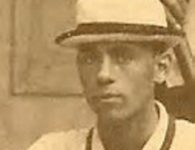
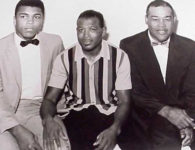

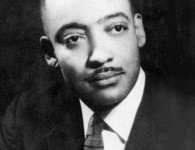
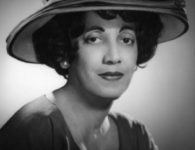

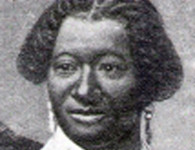

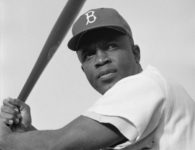
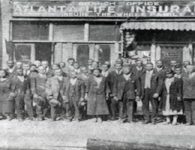
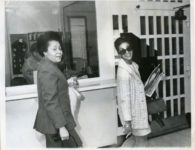



No comments